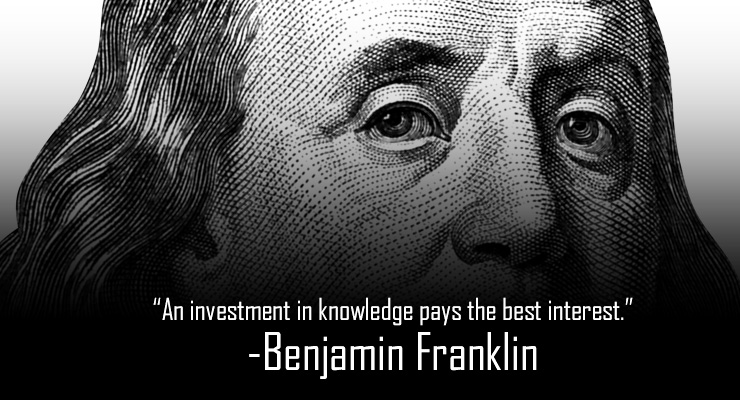
As part of a free and ‘open to the public’ series of discussions put on by the School of Public Policy and Urban Affairs at Northeastern University’s School of Law, a YouTube video of a class titled, ‘The Rule of Law in a Time of Polarization’, exploring the intersection of free speech, academic freedom and the rule of law. Leading the discussion was Executive Director of ACLU Massachusetts Carol Rose who has “spent her career advocating for human rights and civil liberties both in the United States and abroad, including Afghanistan, Pakistan, Nepal, Japan, Sri Lanka, Israel, the West Bank and Gaza, Northern Ireland, and Vietnam”.
Here is a the event description:
Political regimes gain legitimacy when they observe the Rule of Law; leaders of liberal democracies often boast about their adherence to the Rule of Law. The Rule of Law is “much invoked, but inadequately defined.” Like most “essentially contested concepts,” the Rule of Law means many things to many people, but at its core it involves all members of a political community being subject to the same (well defined) laws and standards and an independent judiciary. However, we define it as much by its breach as by its adherence.
The World Justice Project suggests that the Rule of Law includes four necessary principles:
- Accountability: The government as well as members of the public and private actors are accountable under the law.
- Just Laws: The laws are clear, publicized, stable and just; are applied evenly; and protect fundamental rights, including the security of persons and property and at least some human rights.
- Open Government: The processes by which the laws are enacted, administered, and enforced are accessible, fair, and efficient.
- Accessible & Impartial Dispute Resolution: Justice is delivered in a timely manner by competent, ethical, and independent representatives and neutrals who are accessible, have adequate resources, and reflect the makeup of the communities they serve.
In the Spring 2018 Open Classroom, we will explore  . We will also explore some of the tensions between the Rule of Law and Democratic Governance, focusing on the Rule of Law in time of polarization and technological upheaval (as in the United States but also abroad).
. We will also explore some of the tensions between the Rule of Law and Democratic Governance, focusing on the Rule of Law in time of polarization and technological upheaval (as in the United States but also abroad).
The video is about 45 minutes. Take a look:
Leave a Reply